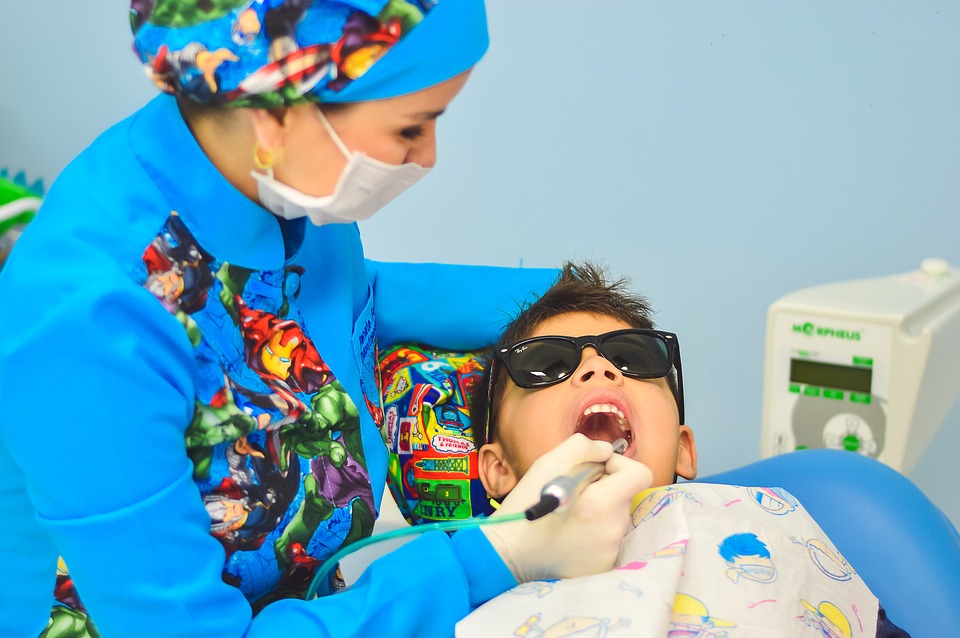Failure to take care of your oral health can result in serious problems. However, if you’re a senior living on a low income, you might be unable to access affordable dental care. Fortunately, there are a few other options you can consider.
In case you have oral health problems, make an appointment with an established dental clinic such as Pure Orthodontics Edmonton and ensure they perform dental cleaning and take some X-rays. In addition to that, request for a documented treatment plan that outlines your treatment costs as well as the treatment options that are available to you.
Even if you’re not currently experiencing dental problems, it is advisable to get annual X-rays, cleanings, and exams done as they can save you money in the long run by identifying oral health problems before they become serious and require costly treatment.
Low-Cost Options for Dental Care
If you’re unable to access treatment for a dental issue due to high costs, the following are a few other options available to you:
- Find out what your county health department offers. A number of county dental clinics provide some form of low-cost dental care for adults.
- Consider alternative financing and treatments. Many dental problems typically have more than one treatment option. Find out what these options are from your dentist. Many dentists offer reduced prices and payment plans based on need.
- Consider visiting a dental school. If there is a dental school in your area, it is likely they offer dental care at a low cost because many others do. However, note that the appointments may be longer and you may need a number of visits to complete the treatment.
- Consider community clinics. A number of community programs provide low-cost or even free dental care. Find out from your Social Services office if such programs are available in your community.
- Try and have dental care included in your incurred medical expenses. For residents in nursing homes, dental care costs may in some cases be included as an incurred medical expense, which makes it easier to pay for treatment.
- Use your veteran’s benefits. Veterans can be eligible to receive dental benefits from the Department of Veteran Affairs.
- Consider donated dental services. The Dental Lifeline Network is a volunteer dentist program that provides treatment to the needy. There is, however, a limitation on availability and there are requirements that you need to meet.
Dental Coverage and Medicare
Important to note is that non-emergency dental care is not covered by Medicare. For this reason, most seniors have to rely on private insurance or Medicare Advantage plans for non-emergency dental care coverage.
Dental coverage isn’t suitable for everyone. If you’re interested in private insurance, look into the Medicare Dental Advantage plans available in your area to determine their affordability. Research carefully and make sure the plan offers enough cover to justify the annual premiums. Also, find out if there is a mandatory waiting period before the coverage kicks in.
Finally, be aware that a plan may limit the dentists available to you. When looking around for insurance, find out from your dentist which plans they accept.





